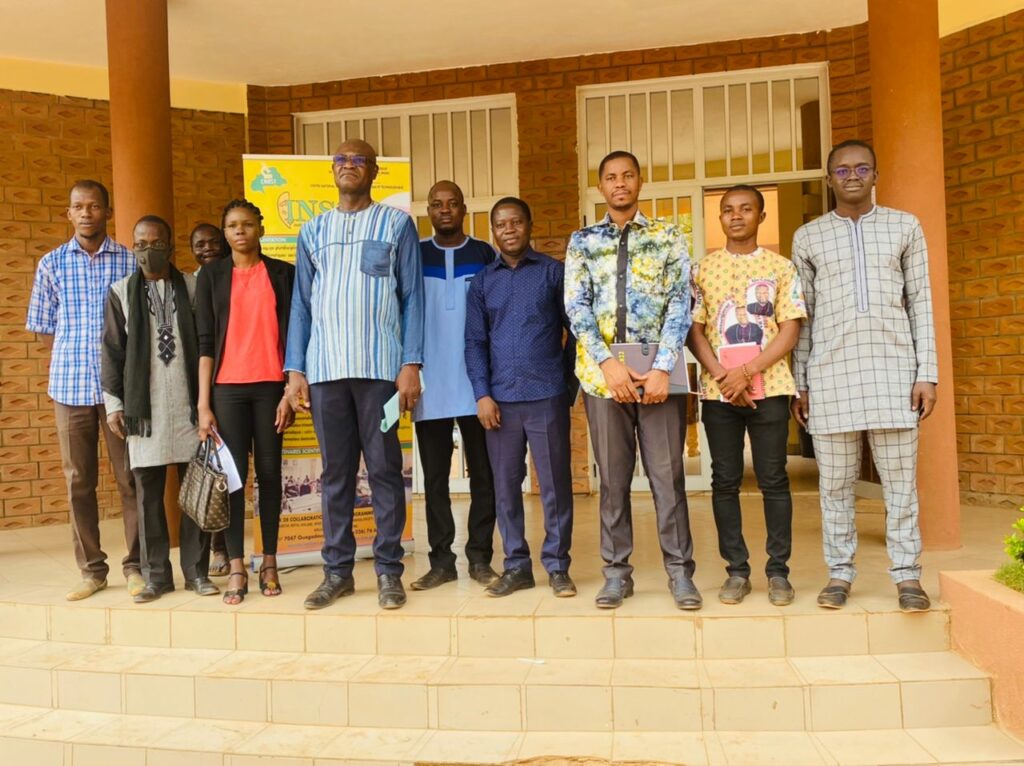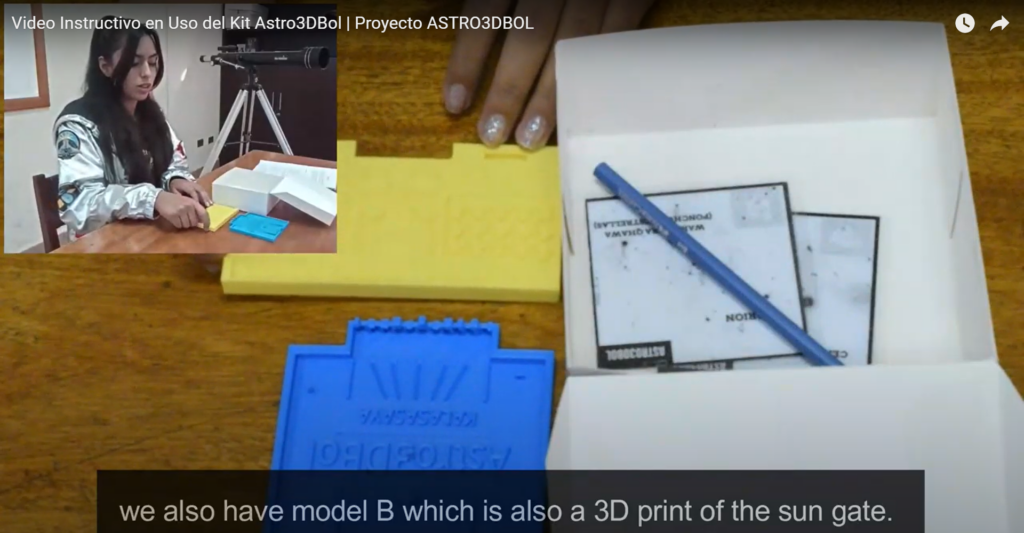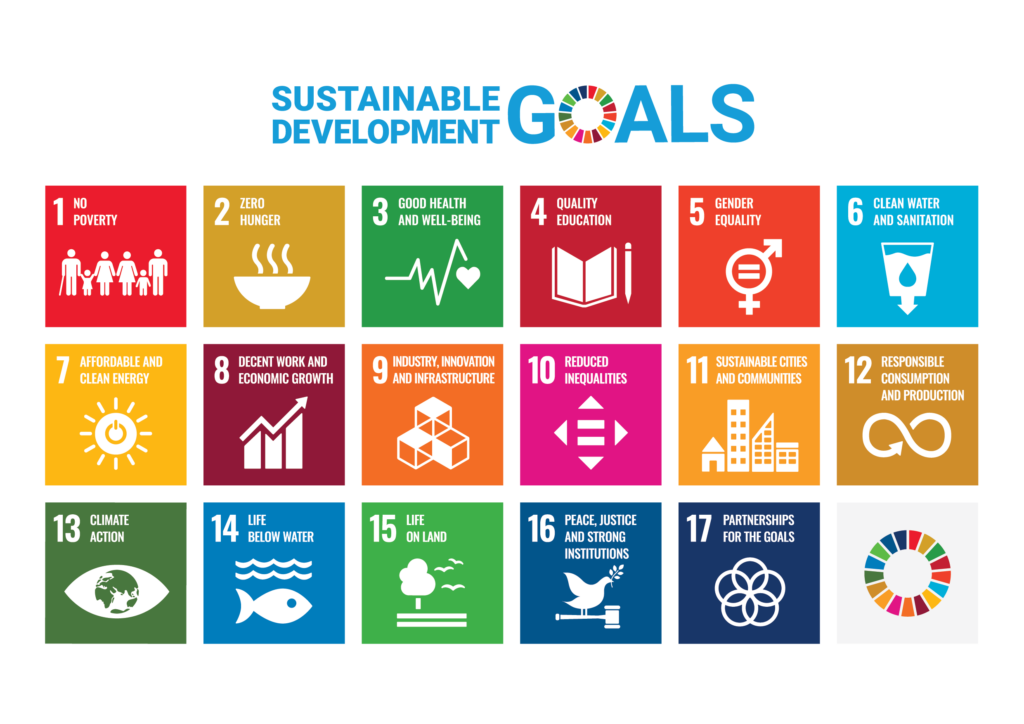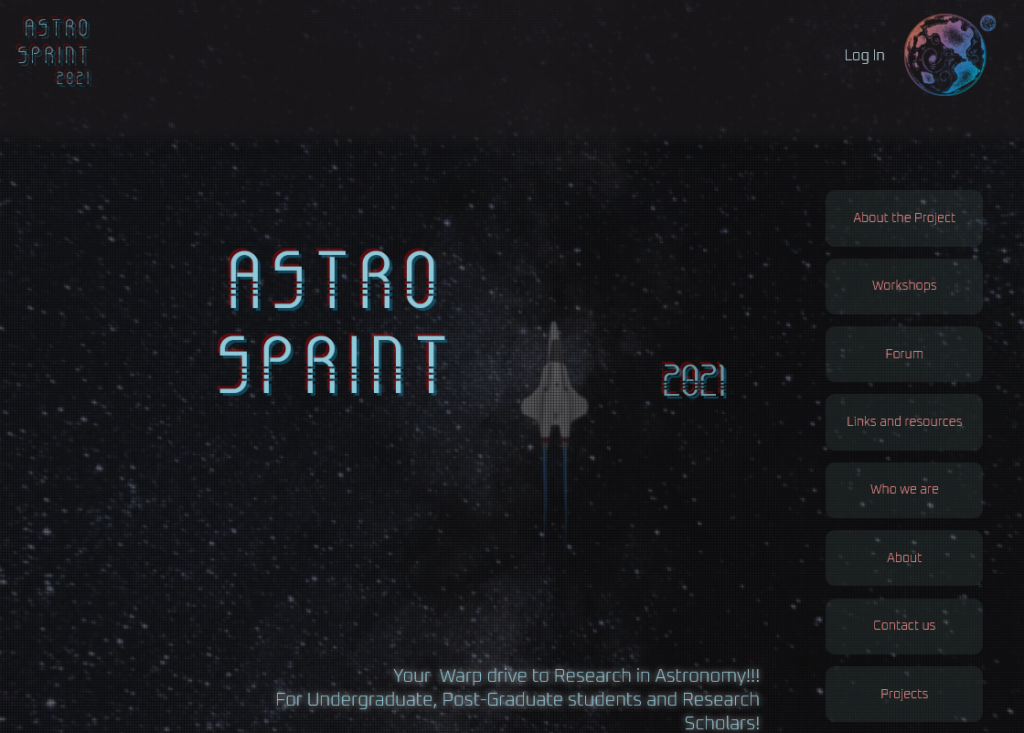The IAU OAD has published its latest newsletter for the July to September 2022 period. Highlights in the newsletter: Lookback at the XXXI IAU General Assembly, 2-11 August 2022 New guidelines published on Astronomy for Mental Health Toolkit to address development through astronomy Case studies from OAD funded projects 4th Shaw–IAU Workshop on Astronomy for […]
Author Archives: Ram Venugopal
Burkina Faso has been subject to terror attacks since 2015 in several parts of the country, with a cluster of violence in the northern and eastern regions. These attacks pose a serious humanitarian crisis, resulting in over a thousand deaths and more than a million internally displaced individuals so far. The majority of displaced persons […]
The Astro3DBol project is developing and distributing Archaeoastronomy educational kits in the context of the Tiwanakota culture of Bolivia. The target audience are educators and those interested in Astronomy and the pre-Inca cultures of Bolivia who may develop a thematic class of Tiwanacota Archaeoastronomy. The products of the project are didactic kits, workshops for the […]
Development Economist and OAD Fellow Dr. Tawanda Chingozha presents a framework and toolkit for astronomers and natural scientists to think about addressing development challenges. Conceptual Framework The Sustainable Development Goals (SDGs) are a universal benchmark for conceptualizing and measuring the various aspects of development. Each SDG has a set of targets that further unpack the […]
Astrosprint is a follow up on the OAD funded project “Astronomy from Archival Data”, designed to engage and train undergraduate and postgraduate students during the pandemic when people were confined at home. The project had almost 1000 registrations from students belonging to almost 25 countries. Online sessions of 1.5 hours were conducted on weekends (Saturday […]





